Recent figures reveal River Taff is among the top 20 UK rivers affected by sewage pollution. How are activists and locals handling it?
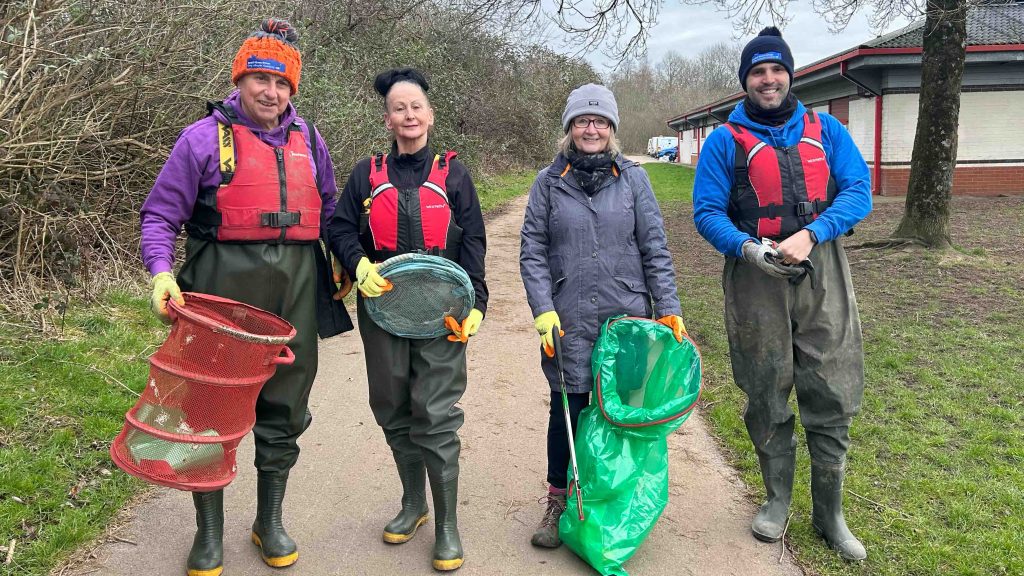
Scattered sanitary pads, used wet wipes spread indiscriminately, and broken down plastic and metal scraps spread are what line the River Taff for people taking a stroll along its banks. Volunteers clad in gumboots, rubbers gloves armed with shovels and trash bags regularly meet to carry out cleaning drives along the banks of River Taff; one of them is eight-year-old Fern Sheahan.
“I feel a bit sad with mixed emotions,” says Fern who volunteers to clean the river with her mother. “I worry sometimes that what if we can never clean it up and it’s just going to carry on happening for the future.”
According to recent figures released by the campaign group, ‘Top of the Poops’, river Taff is amongst the top 20 UK rivers affected by sewage pollution.
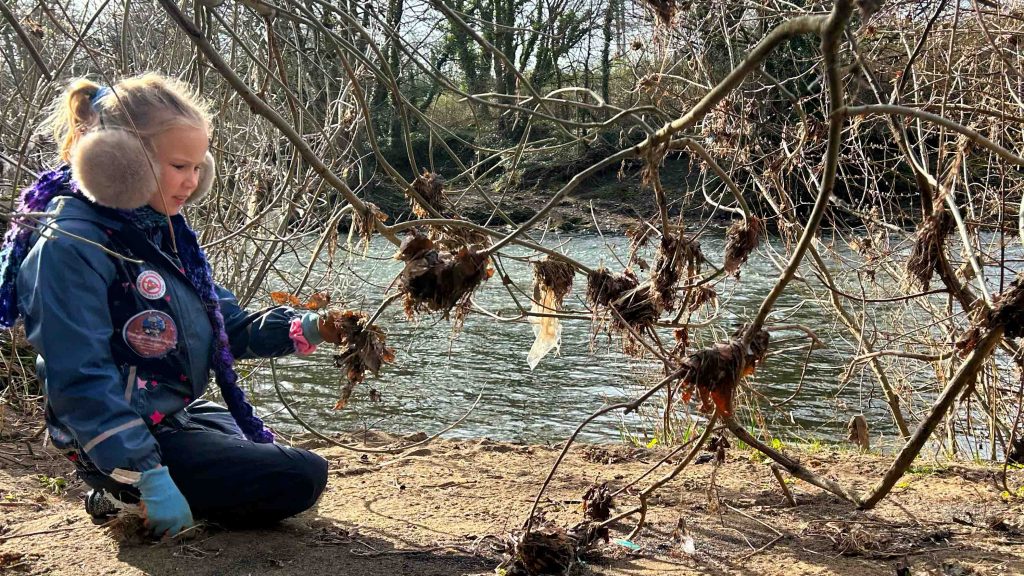
Fern’s mother, Ms Rebecca Sheahan who is an Ecologist worries about the impact pollution in Taff is having on the wildlife in the area.
“When we were out litter picking a couple of years ago, I found a bird’s nest that was made of wet wipes,” says Rebecca. “You can make the assumption that with all this debris, plastic litter, wet wipes and so on, in the water, that it’s going to be ingested by animals…it’s going to affect their internal system. It may even kill them, we just don’t know because nobody’s monitoring that.”
Cardiff Rivers Group has been helping clean rivers and lakes across the area in partnership with the city council for over 13 years and its volunteers say that rains make the situation worse.
“When it started getting really bad, that’s when we formed the group in 2009 and we’ve been tidying up ever,” says its Trustee and Secretary Nigel Barry, “But every time there’s a lot of rainfall and storms the sewage plant up at Pontypridd, releases all the raw sewage and it comes down the river and it gets stuck on the trees.”
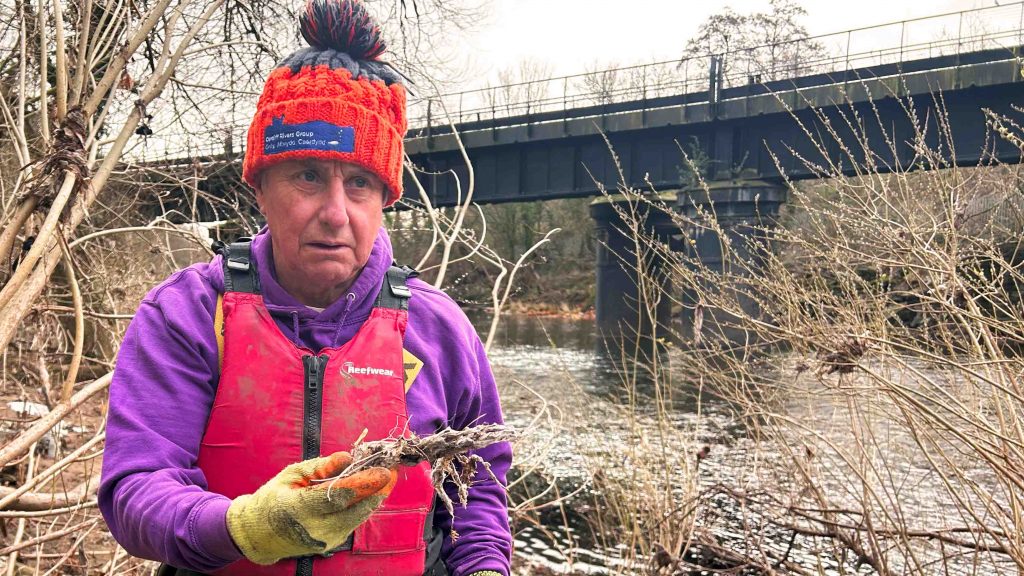
YGC Rebel Mams Volunteer Ms Pam French has been vocal against the construction of a sewage pumping station at Hailey Park which she argues will increase the pollution in the river.
“If you talk to older people in the community, they say the river used to run black with the industrial waste from the coal mines, coal pits, and old metalworks and other industry, and that used it like, a dumping ground,” says Pam. “It took a lot of time and a lot of effort to clean that up and now we need to clean up this kind of waste which is being done by our own water company on an industrial scale which isn’t acceptable.”
Welsh Water (Dwr Cymru), the company responsible for managing sewage in Wales said in a statement that a higher number of recorded spillages from Combined Storm Overflows (CSOs) does not mean that it is a poor performer in the area.
It states that the higher number is due to 99% of the CSOs having monitors to record the spillage, and due to Wales receiving more rainfall than the rest of the UK.
It states, “There are other factors that affect pollution into our rivers and these include misconnections of land drainage, blockages caused by items that are ‘unflushables’, being disposed of which end up in our sewers – eg wet wipes, cotton buds, nappies, cooking oils, farm run off and private septic tanks.”
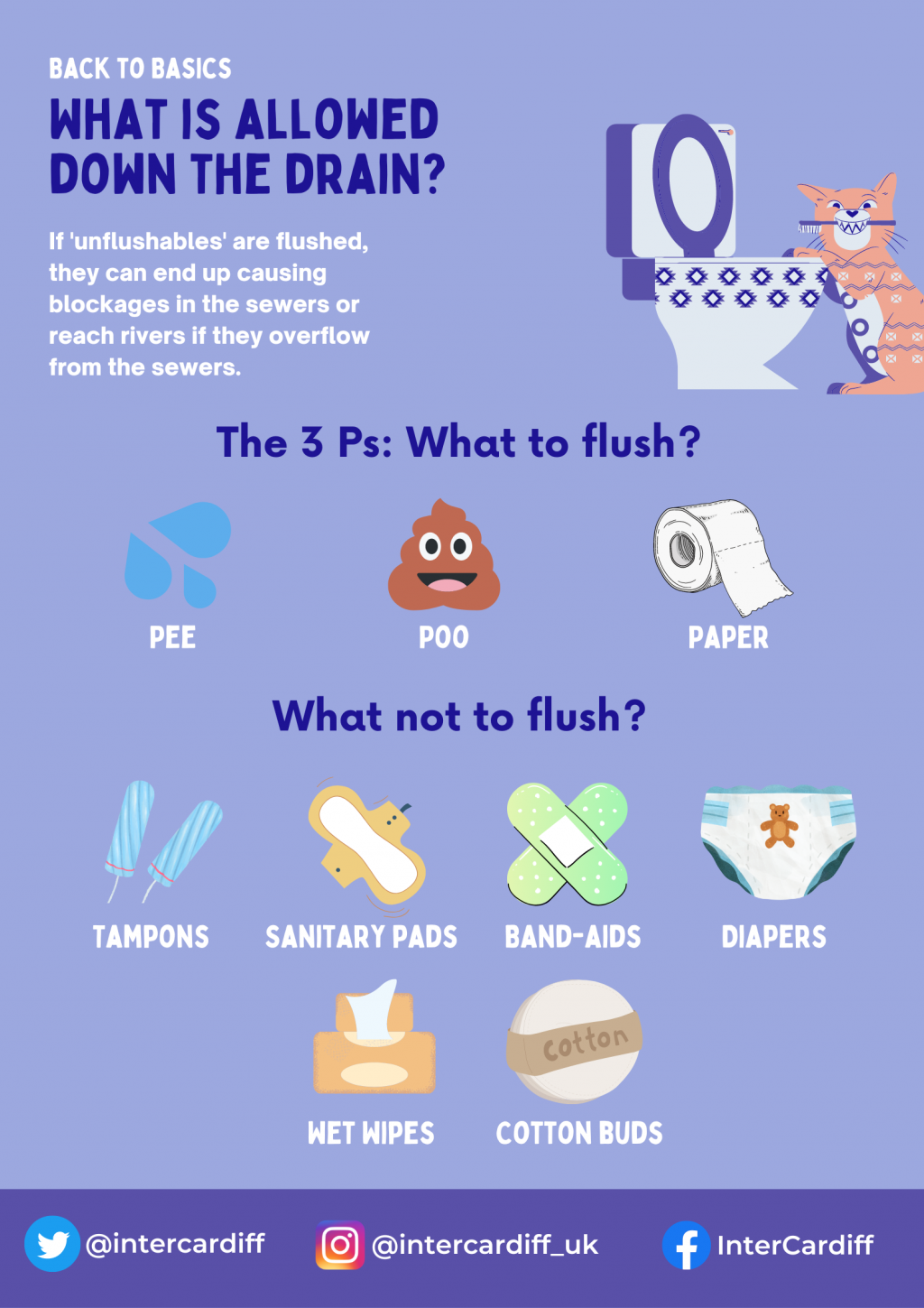
A spokesperson from Natural Resources Wales, which is the regulatory body for water companies says, “NRW is concerned about the impact of storm discharges on our water quality. We are taking action to address the issue via the Wales Better River Quality Taskforce. Water companies have a responsibility to the environment and their customers, and they must take this issue seriously.”
The regulatory authority assured that it will continue to challenge water companies to ensure that storm overflows and will investigate any cases of non-compliance.
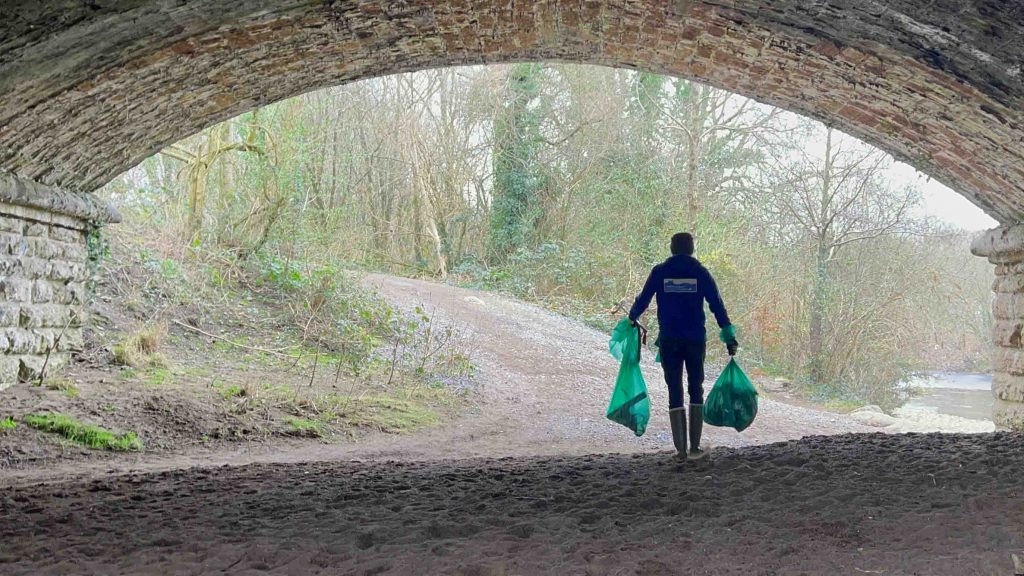
An application seeking judicial review of Cardiff Council’s decision permitting Welsh Water to construct a sewage pumping plant at Hailey Park recently got permission from the High Court.
Ms Steph Wilkins has been a part of a campaign against the building of the sewage pumping station named ‘Save Hailey Park’. Having lived in the area since her childhood, she believes that River Taff plays a crucial role in the local community.
“We sit along the river corridor and we want to look after it,” says Steph. “People use it for fishing, kayaking, there’s a room. Wild swimming’s also popular. I remember and my parents remember it when it used to run black with all the coal and the industrial waste. They managed to clean all that up and now it’s like this.”
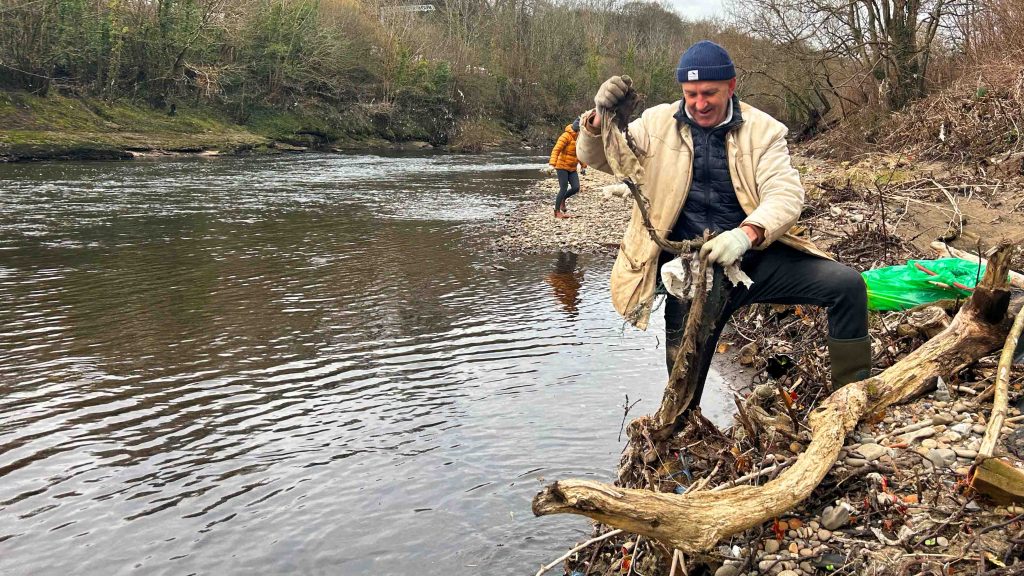
Locals feel saddened to see the state of the river and say water companies need to change the way they operate and people need to play their role in keeping the river clean.
“The water companies need to, change their methods but also all of us need to stop throwing away so much rubbish because a lot of it does end up in the water,” says Steve of the Cardiff Rivers Group. “It used to be more polluted with the coal dust and stuff, it has gotten better… but unfortunately, there is lots of human waste being pumped in along with litter and cans and things like that.”
Nick Kane, who regularly walks his dog along the Taff Trail says, “It’s depressing me. Like, look at how much plastic is as well as other stuff, but plastic is just not going to go anywhere. This stuff has been there for years. All the trees and the bushes have rotted and changed and moved but all the plastic is still there.”
